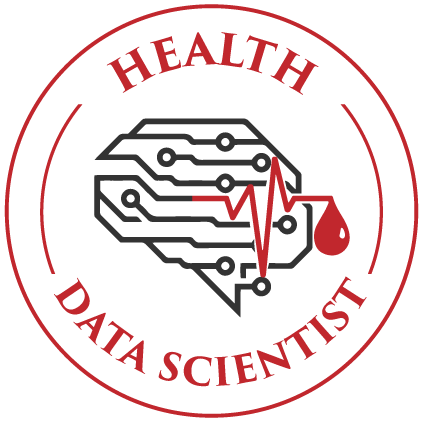At VA, Whole Health continues to be a priority for all who enter VA facilities. Both physical and mental health care resources are available to ensure the best health outcomes are made possible for Veterans and their families. Due to added awareness of the importance of mental health care for experiencers of harassment and sexual assault, VA has placed a strong focus on services to address this need.
Dr. Tamara Campbell serves as executive director of the Office of Mental Health and Suicide Prevention. As a Veteran, Campbell understands the needs of Veterans who have experienced sexual harassment and assault, including during their military service (MST).
Campbell shares her understanding of the impacts of harassment and sexual assault and how VA is serving the mental health needs of individuals following these traumatic encounters.
“I am an Air Force Veteran and I have clinical and academic training in social work, psychology and medicine, and psychiatry. My experience gives me a unique and broad perspective regarding medical and mental health care delivery as well as military culture. A significant portion of my career has been in the field as a clinician providing direct patient care, and in administration at the facility and regional and central office levels. This experience has been invaluable in understanding how to operationalize national policies for clinical relevance, all in the best interest of our Veterans,” Campbell said.
Every experiencer deserves personal care
People from every background, identity and ability have experienced sexual harassment and assault, and each person may be impacted differently.
“Some people feel severe distress immediately following these experiences and others have delayed reactions, even many years later. Some people cope well and recover without help while some have strong reactions to certain situations and still others experience more profound or ongoing difficulties,” Campbell added.
Aspects of an individual’s identity and background, such as age and prior trauma exposure, can impact response. In addition, aspects of the experience—including the setting, the relationship between the individual and perpetrator and the level of physical violence involved—can impact how the experience will affect a person’s response and wellbeing. Reactions of others immediately following the experience are also important.

“Many individuals initially report feeling shock, confusion, anxiety, anger or numbness. Self-blame, shame and self-doubt are also common initial reactions,” she said. After time has passed, the symptoms and reactions may vary. Some individuals can feel increased anxiety or depression, which can contribute to trouble concentrating or physical impacts like difficulty falling asleep or physical pain. Read more on the effects harassment can have on mental health.
First steps in recovery
When a Veteran is ready to come forward after experiencing harassment or sexual assault, mental health professionals at VA are available for support to help explore treatment options. Healing is unique to every person.
“Recovery is always possible and there are many paths to healing. It is often helpful for survivors to be reminded that their responses are valid. Although some people prefer to recover on their own, others benefit from reaching out for support from a trusted family member, friend, religious leader or health care provider,” she said.
To assist individuals who experienced military sexual trauma, every VA health care facility has an MST coordinator who serves as a contact person for accessing MST-related care. For information about treatment and health care options related to MST, individuals can visit the MST website or contact the MST coordinator nearest to them.
Online resources such as www.mentalhealth.va.gov or the Whole Health Library are available to further understand what constitutes harassment or sexual assault, and the techniques for coping with the impacts of these experiences.
Importance of family support
“Sexual trauma survivors as a group are remarkably resilient and recovery and healing are always possible,” she said. “Family members and loved ones are often at the forefront of supporting survivors of harassment and sexual assault. Communicating compassion and positive regard is an essential component of what they can do. Survivors of sexual trauma are often questioned, doubted, judged or blamed by others. As a result, they may struggle to view themselves and their actions with compassion and may be vigilant for signs that others may be judging or doubting them.”
If you are supporting a coworker, friend or family member, Campbell recommends the following tactics to aid in your efforts:
- Believe the story of the experiencer.
- Remind the experiencer that it is not their fault.
- Refrain from asking accusatory questions about the incident.
- Take advantage of the free resources VA offers to further support the Veteran.
Placing mental health at the center
“Mental health includes emotional, psychological and social well-being, and just like physical health it impacts all aspects of our daily lives. It affects how we perceive ourselves and our surroundings, as well as how we behave and react in the world around us. Feeling mentally well allows the Veteran and their families an opportunity to focus on what matters most to them and be their best self,” Campbell said.
You are not alone at VA. In addition to MST coordinators, many resources are available to get the support needed to recover and heal. Your safety and well-being are VA’s highest priority.
Author:
